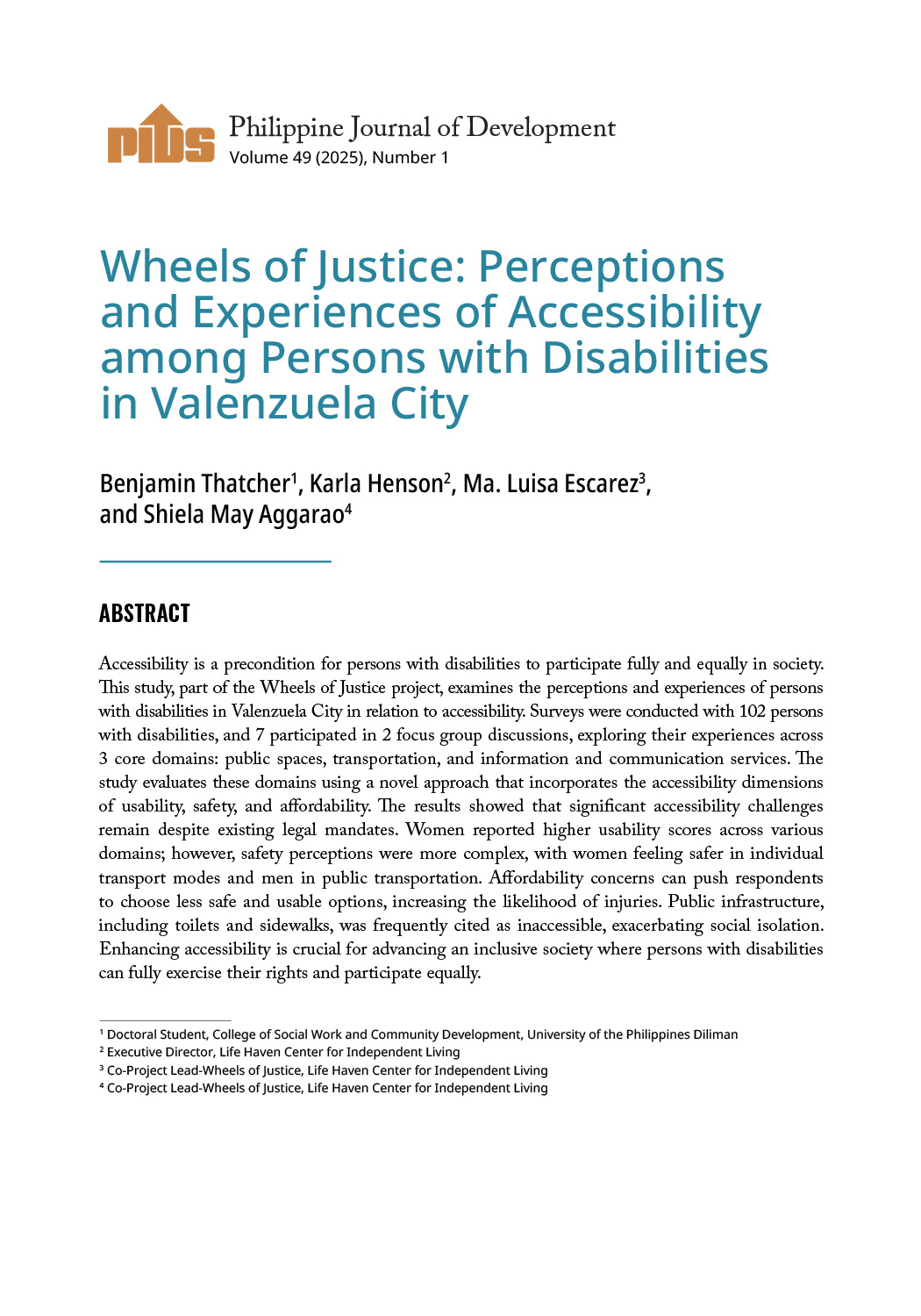Swinging from a multiyear obligation budget to an annual cash-based appropriation system, as indicated in a Senate proposal, might be too radical and disruptive for the country according to a study released by the Philippine Institute for Development Studies.
The policy note – Reforming the legal framework for the budget process – authored by Rosario Manasan, senior research fellow, examined Senate Bill (SB) 1450, otherwise known as the Budget Reform Bill.
The proposal, authored by Senator Loren Legarda, seeks to modernize the Philippine budgetary system.
SB 1450 limits the validity of the cash-based budget to one year, contrary to the budgetary practice that allows appropriations and obligations until the next fiscal year, extending the validity of funds to two years.
“While having appropriations that have a one-year validity is important, the concurrent shift to a cash-based appropriation system might be too radical and disruptive a step to take in one leap,” the report said.
“In particular, if the GAA (General Appropriations Act) is considered as providing the government agencies ‘the authority to contract out and disburse funds’ (as provided in the Constitution and Section 35 of SB 1450), then government agencies can initiate the procurement process short of award six months prior to any given budget year at the earliest (Section 38 of SB 1450). In turn, this means that the contract is awarded on January 2 of the given budget year at the earliest,” it added.
This implies that payments can only be made for projects completed within the 12-month period of the given budget year, the report also said.
Although the bill would allow agencies to settle payments for goods and services delivered during the previous fiscal year within three months immediately following the current budget year, the report noted “this is a very tight schedule” given the difficulties of government agencies to fully utilize their programmed budget on public goods and services within the fiscal period.
“Given this perspective, the author of SB 1450 might wish to introduce a transitory period, say one or two years upon the enactment of the bill into law, during which obligations-based appropriations would be valid for a period of one year prior to shifting to a cash-based appropriations regime with one-year validity,” the report said.
SB 1450 also provides that “the DBM (Department of Budget and Management) shall identify the requirements and/or prescribe guidelines before agencies may enter into multiyear contracts such as the issuance of a Multiyear Contractual Authority and … that in all instances, the disbursements to be incurred for multiyear contracts shall in no case exceed the cash appropriations for the purpose during the year.”
The report noted the legislative approval of appropriations for multiyear projects will be limited to the approval of cash appropriations for single-year payment requirements of said projects, and that the approval of the commitment authority for multiyear projects will be the sole prerogative of the executive branch.
“Such a treatment of multiyear projects will effectively weaken Congress’ role in the budget process,” it said.
Last September, the DBM said it is pushing for the passage of the Budget Reform Bill, which will transform government budgeting as it will address age-old problems like underspending and the usurpation of Congress’ power of the purse.
“This is especially important in view of the government’s expansionary fiscal policy, where spending for infrastructure and social services is projected to increase significantly,” the DBM then said.
Itpointed out the common budgetary practice to allow appropriations and obligations until the next fiscal year, thus extending the validity of funds to two years, has led to slow budget utilization by line agencies.
“On top of limiting the lifespan of appropriations, it will also enforce a cash-based rather than an obligation-based budget. Obligations are intentions, not expenditures. Hence, a cash-based budget will more accurately reflect the annual development plan of the government,” the DBM said.












